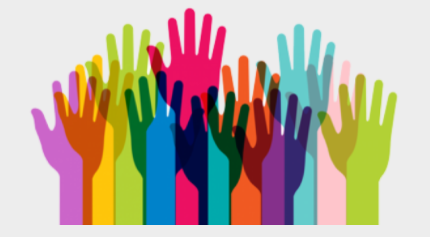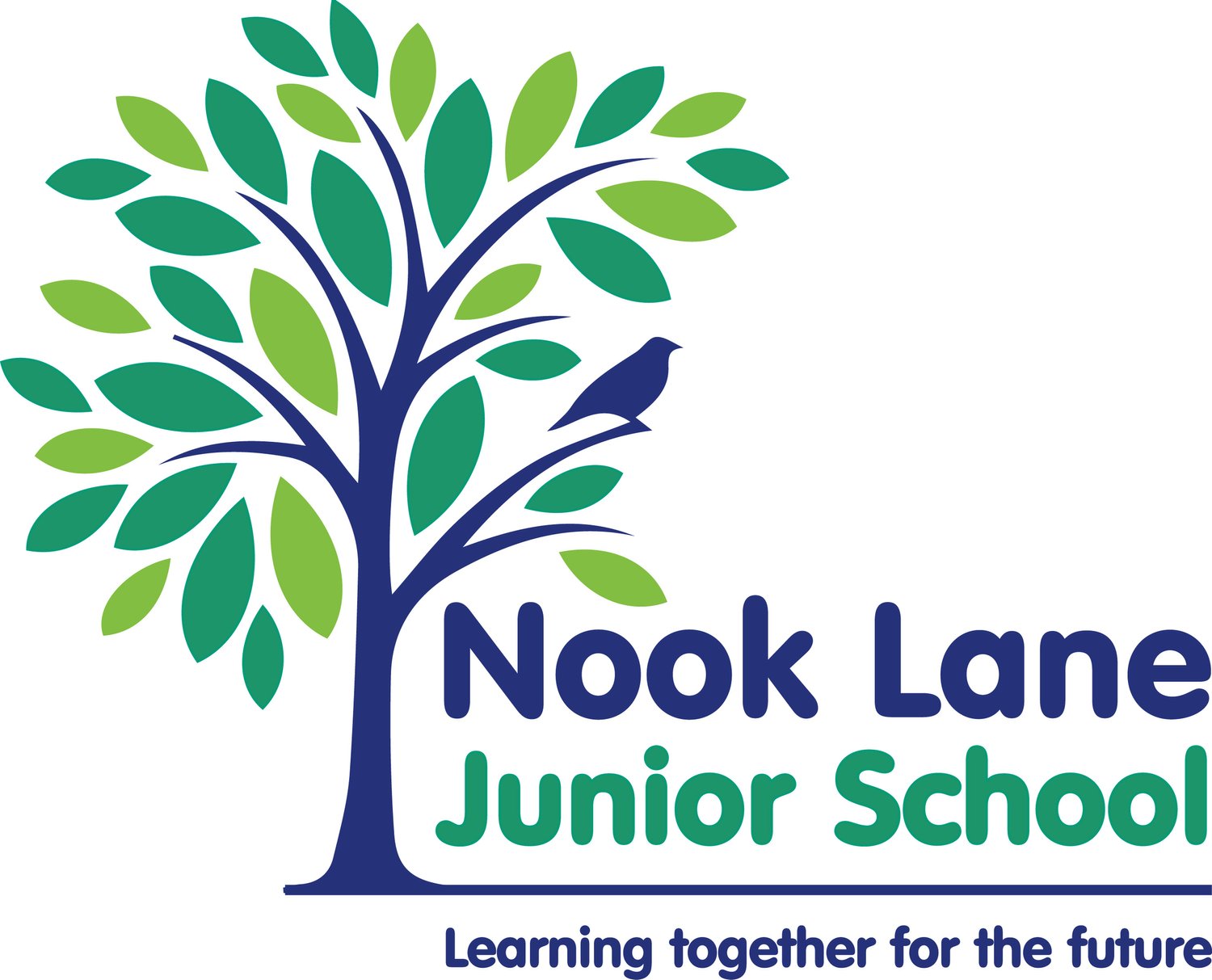
“I’ve learned that people will forget what you said, people will forget what you did, but people will never forget how you made them feel”
- Maya Angelou
RSHE Vision
By the end of Year 6, we want our children to be kind, caring, well rounded individuals, who show respect for, and an understanding of, the lifestyles, choices and beliefs of others. PSHE (Personal, Social, Health, Economic Education/Citizenship) and RSHE (Relationships, Sex and Health Education), are central to this vision.
We aim for our children to know how to be safe, in the world and online, build and maintain healthy and positive relationships, be emotionally and physically healthy and respect equality and diversity in all its forms.
We encourage our children to question the world around them, develop age appropriate independence and show care and support for their local community and the world beyond this, to be thoughtful and empathetic citizens.
We teach PSHE and RSHE in discrete sessions, but it is embedded in other subjects within the wider curriculum where diversity, respect and inclusion are celebrated and taught.
Developing children as individuals
At Nook Lane Junior School, we aspire to help children develop as individuals, building progressively each year using the broader themes of:
Relationship, Living in the wider world, Health & Wellbeing
We will focus on key aspects/concepts/big questions within each theme.
Themes can be taught in any order. Teachers are sensitive to the needs of the class and may move themes to later in the school year to ensure that they have a good understanding of any family or pupil needs and home situations. Teachers also share information about each theme in advance of the theme being taught to help parents be prepared for new subjects and information. Teachers also provide families with suggested reading to support lessons being taught.
RSHE overview of learning
Each year group maps out the RSHE overview for the year. As the RSHE curriculum is new to us, we are aware that key themes from earlier years may need to be considered to ensure that we build knowledge and understanding of important themes appropriately and sensitively.
The overview for the lower (Year 3 and 4) and upper key stage (Year 5 and 6), may be taught in any order, teachers being sensitive to the needs of their class when making decisions about this.
RSHE/PSHE lessons are taught every week. We also build in themed weeks such as Anti-Bullying Week, Children’s Mental Health Week, Refugee Week and Black History Month to allow for opportunities for diversity, equality and inclusion to be taught, discussed and celebrated within the wider curriculum.
Children will be given the opportunity at the end of a unit of work, to share what they have learnt through discussion, drawings and focus questions.
Outcomes
Our RSHE curriculum aims to ensure that children:
have an understanding about different families and the people that care for them. That others’ families sometimes look different to their own, showing respect for differences and know that others’ families are also characterised by love and care.
understand that stable and caring relationships are at the heart of a happy family.
recognise when they are not happy and how to seek help.
understand what a caring, supportive and positive friendship looks and feels like and what an unhealthy friendship looks and feels like.
recognise and understand that friendships have their ups and downs and difficulties may be worked through to repair and strengthen friendship, that resorting to violence is never right.
recognise who to trust and who not to trust, judge when a relationship makes them unhappy and how to manage conflict by seeking help or advice when needed.
understand the importance of respecting others, even when they’re different from them physically, in character or personality or background, or make different choices, preferences or beliefs.
understand the importance of self- respect and how this links to their own happiness.
understand about different types of bullying, including cyberbullying, the impact, responsibilities of bystanders and how to get help.
understand what is a stereotype and how they can be unfair, negative or destructive.
understand the importance of permission seeking and giving in relationships with friends, peers and adults.
understand that people may behave differently online, including pretending to be someone they’re not.
understand that they should behave the same face to face as online, in a respectful and considerate way.
recognise how to keep safe online, recognising risks, harmful content and contact and how to report them.
critically consider their online friendships and sources of information, including awareness of the risks associated with people they have never met.
understand how information and data are shared online.
understand what sorts of boundaries are appropriate in friendships with peers and others, including online.
understand the concept of privacy and the implications of it for children and adults, including that it is not always right to keep secrets if they relate to being safe.
understand that each person’s body belongs to them, and the differences between appropriate and inappropriate/unsafe physical contact and other contact.
know how to respond safely and appropriately to adults they may encounter, including online, who they don’t know.
know how to recognise and report feelings of being unsafe or feeling bad about any adult.
know how to ask for advice or help for themselves or others, and to keep trying until they are heard, and where to get this advice from.
know how to report concerns or abuse, and the vocabulary needed to do so.
RSHE Leadership
If you have any questions about our history curriculum, please contact Mrs Wilkinson our RSHE leader.




